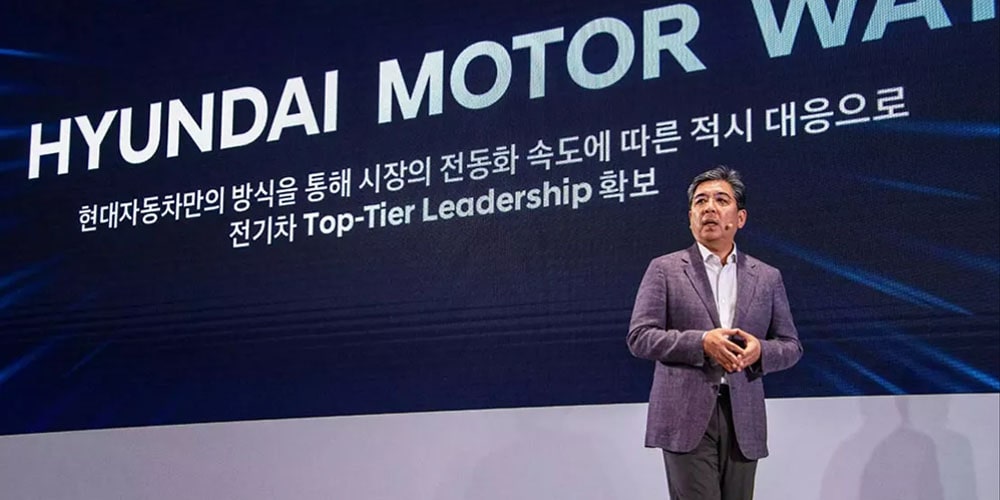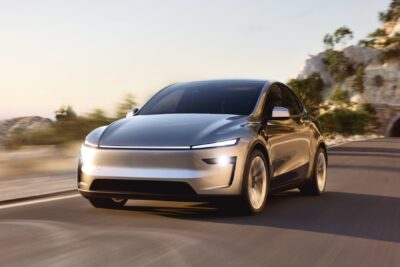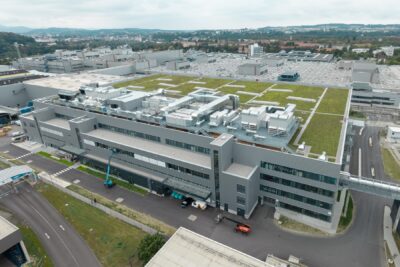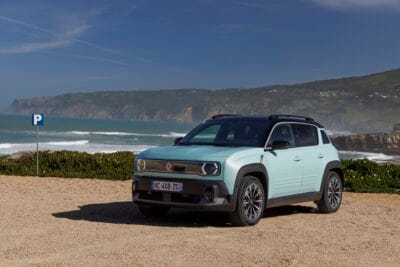Hyundai raises e-mobility budget to €25 billion
The Hyundai Motor Group with its car brands Hyundai, Kia and Genesis is further tightening its electric course. As the Korean Group announced at its ‘CEO Investor Day 2023’, the annual sales target for pure electric cars will be increased to two million units by 2030.
This is another 130,000 BEVs per year more than announced in the Group’s strategic plan from last year. The new strategy “Hyundai Motor Way” envisages total investments of 109.4 trillion won (equivalent to about 77.5 billion euros) over the next ten years. Of this, 35.8 trillion won (approx. 25.4 billion euros) is to be invested in electrification. 9.5 trillion won (6.7 billion euros) of this is earmarked for battery development, with the remainder funding the development of a new electric car platform and increased production capacity for electric cars.
The second-generation BEV platform is the Integrated Modular Architecture (IMA), which will replace the current Electric-Global Modular Platform (E-GMP) in the future. The IMA will be used in 13 new electric models of the group by 2030. The IMA will standardise not only the chassis, but also the motors and the battery system with cell-to-pack technology. This should significantly increase economies of scale and reduce complexity (and thus development costs).
Two vehicle platforms are to be derived on the basis of the IMA architecture: The eM for electric passenger cars “in all segments” and the eS for special vehicles (Purpose-Built-Vehicles, PBV for short). Both platforms will draw on IMA’s motor and battery kits.
Thanks in part to the new platform, Hyundai Motor is aiming for a margin of more than ten per cent for electric vehicles in 2030. Production will also play an important role in achieving these goals. The Korean company also announced an “expansion of EV production and optimisation of capacity”. This is to be done not only by building new EV factories (as in Ulsan), but also “by using existing ICE plants to reduce costs and time”. Depending on market demand, more internal combustion lines are to be converted to e-vehicles. In regions “that are expected to grow significantly in the future and require localisation”, the battery-electric car plants are to be built – for example in the US state of Georgia.
As with other carmakers, the battery value chain is also coming increasingly into the strategists’ focus. Hyundai is aiming for stable procurement of battery materials, but also wants to strengthen its own development. To what extent this involves the development of battery cells or the optimisation of battery systems with cell-to-pack or cell-to-chassis approaches is not clear from the press release. What is clear, however, is that in addition to NMC batteries, the Korean company also announced plans to offer LFP batteries in the future.
The more than 100 trillion won in total investments includes battery-electric mobility as well as investments in future businesses such as autonomous driving, hydrogen, robotics and Advanced Air Mobility (AAM).





0 Comments